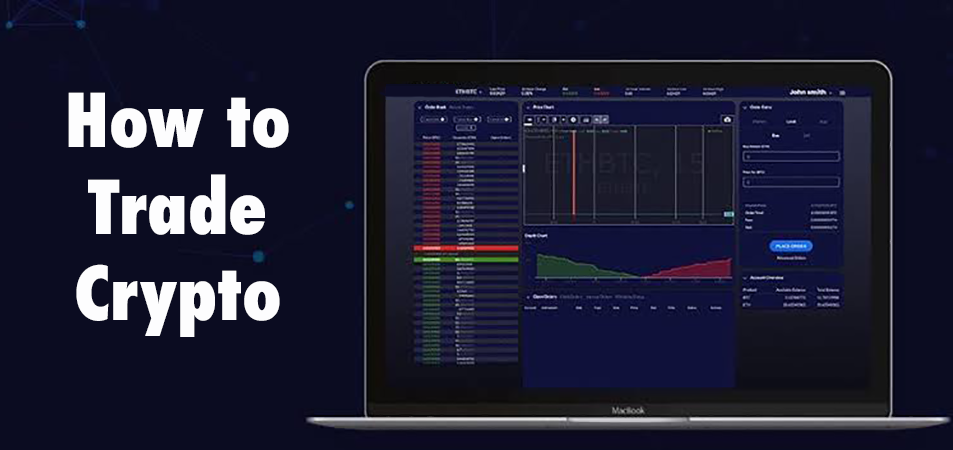Cryptocurrency trading is the act of hypothesizing on cryptocurrency rate movements through a CFD trading account, or purchasing and selling the underlying coins through an exchange. CFDs trading are derivatives, which allow you to speculate on cryptocurrency price movements without taking ownership of the underlying coins. You can go long (' purchase') if you believe a cryptocurrency will increase in worth, or short (' offer') if you believe it will fall.
Your profit or loss are still computed according to the full size of your position, so utilize will magnify both revenues and losses. When you purchase cryptocurrencies by means of an exchange, you acquire the coins themselves. You'll require to produce an exchange account, put up the complete worth of the asset to open a position, and keep the cryptocurrency tokens in your own wallet up until you're all set to offer.
Many exchanges also have limitations on how much you can transfer, while accounts can be really costly to preserve. messiahymtm965.image-perth.org/how-to-trade-cryptocurrency-key-points-and-tips-by-elena-1 Cryptocurrency markets are decentralised, which means they are not released or backed by a central authority such as a government. Instead, they encounter a network of computers. However, cryptocurrencies can be bought and offered by means of exchanges and saved in 'wallets'.
 How to Trade Cryptocurrency? A Complete ...truemors.com
How to Trade Cryptocurrency? A Complete ...truemors.com
When a user wishes to send cryptocurrency systems to another user, they send it to that user's digital wallet. The deal isn't considered final until it has been confirmed and added to the blockchain through a process called mining. This is also how new cryptocurrency tokens are usually created. A blockchain is a shared digital register of tape-recorded data.
To select the very best exchange for your requirements, it is essential to totally comprehend the types of exchanges. The first and most typical type of exchange is the central exchange. Popular exchanges that fall under this classification are Coinbase, Binance, Kraken, and Gemini. These exchanges are private companies that offer platforms to trade cryptocurrency.
The exchanges noted above all have active trading, high volumes, and liquidity. That stated, centralized exchanges are not in line with the viewpoint of Bitcoin. They run on their own personal servers which develops a vector of attack. If the servers of the company were to be compromised, the entire system might be shut down for a long time.
The bigger, more popular centralized exchanges are by far the simplest on-ramp for new users and they even offer some level of insurance need to their systems stop working. While this holds true, when cryptocurrency is purchased on these exchanges it is stored within their custodial wallets and not in your own wallet that you own the secrets to.
Should your computer system and your Coinbase account, for example, become jeopardized, your funds would be lost and you would not likely have the ability to claim insurance. This is why it is important to withdraw any big sums and practice safe storage. Decentralized exchanges operate in the same way that Bitcoin does.
Rather, think about it as a server, other than that each computer within the server is spread out across the world and each computer system that comprises one part of that server is controlled by an individual. If one of these computer systems switches off, it has no effect on the network as an entire due to the fact that there are plenty of other computers that will continue running the network.